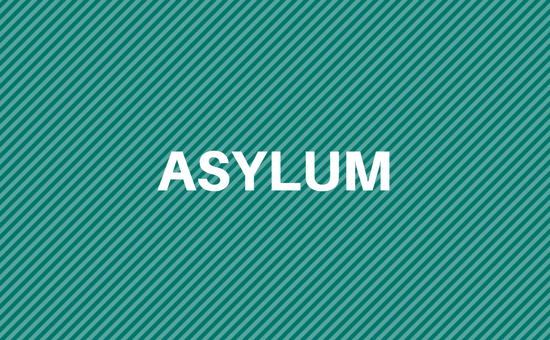Asylum’s well-founded-fear-of-persecution standard requires an individualized determination. Each person must establish eligibility based on the merits of his or her individual case. An applicant must show a risk of persecution to himself or herself. The applicant “cannot simply prove that there exists a generalized … possibility of persecution in his native country.” However, the foregoing does not mean, as some immigrants fearing persecution believe it to mean, that an applicant may not show his or her own well-founded fear of persecution by pointing out how others are persecuted.
It is understandable why some potential asylum applicants might think an applicant must show that the applicant him or herself would be “singled out for persecution.” The BIA and courts have, sometimes, demanded that an applicant show that he or she would be singled out.
Despite this, the law is as follows: an asylum applicant does not have to show that she will be singled out for persecution, when (1) she shows there is a pattern or practice of persecution, because of any protected ground (race, religion, nationality, membership in a particular social group, or political opinion), against a group of individuals who are like her, and (2) she belongs to or is identified with the persecuted group, so that a reasonable person in her position would fear persecution.
There is no established definition of “pattern or practice.” However, the Court of Appeals for the Eighth Circuit interpreted the phrase to mean something “on the order of organized or systematic or pervasive persecution,” but held that it does not require a showing of persecution of all the members of the group.
The Ninth Circuit has even held that if there is no systematic persecution of members of a group, persecution of some group members may support an applicant’s fear of being singled out in the future, if the applicant is similarly situated to those members. The Ninth Circuit explained, “if the applicant is a member of a ‘disfavored’ group, but the group is not subject to systematic persecution, this court will look to (1) the risk level of membership in the group (i.e., the extent and the severity of persecution suffered by the group) and (2) the alien’s individual risk level (i.e., whether the alien has a special role in the group or is more likely to come to the attention of the persecutors making him a more likely target for persecution).”
The Third and Seventh Circuits have rejected the Ninth Circuit’s use of a lower “disfavored group” standard where there is insufficient evidence to establish a pattern or practice of persecution.
